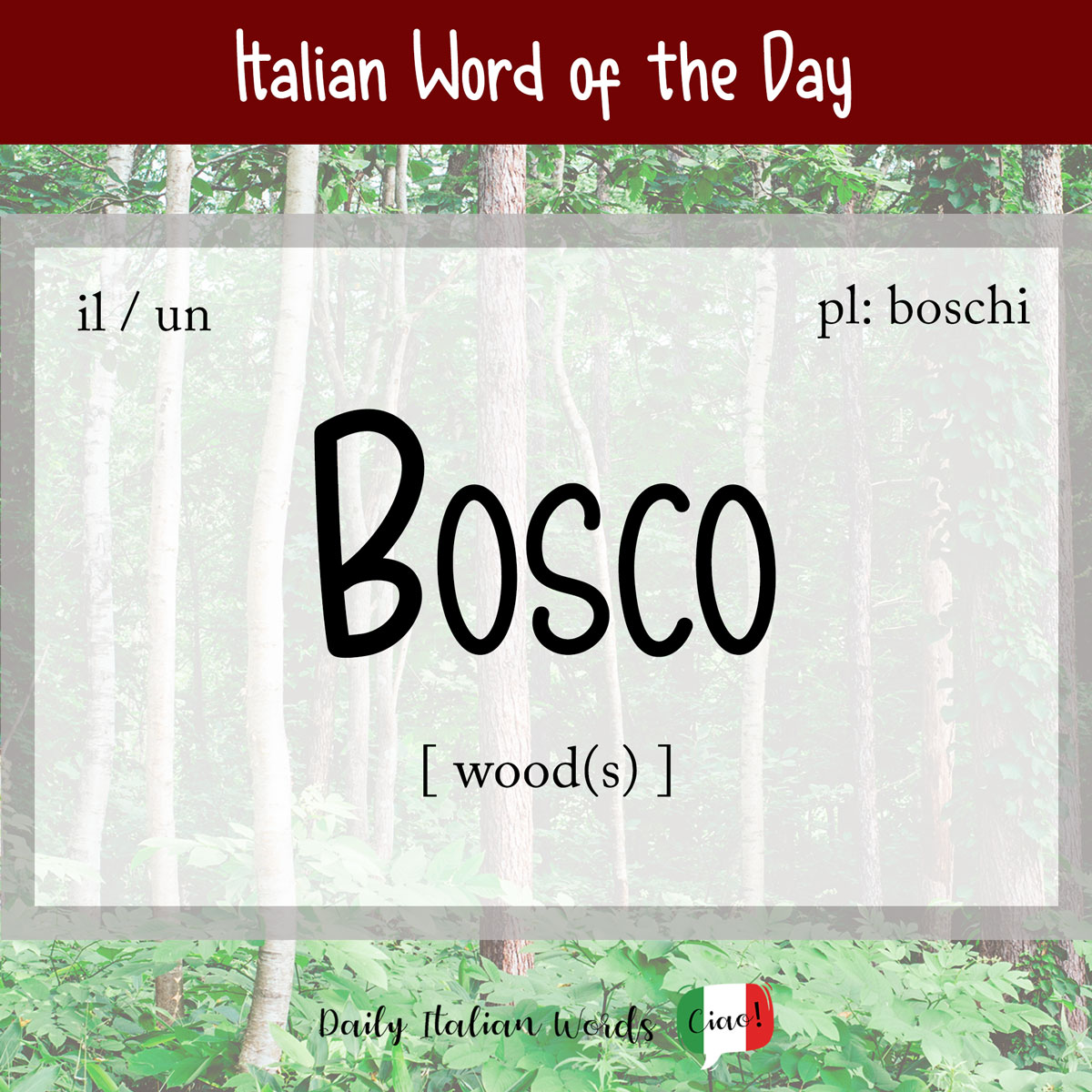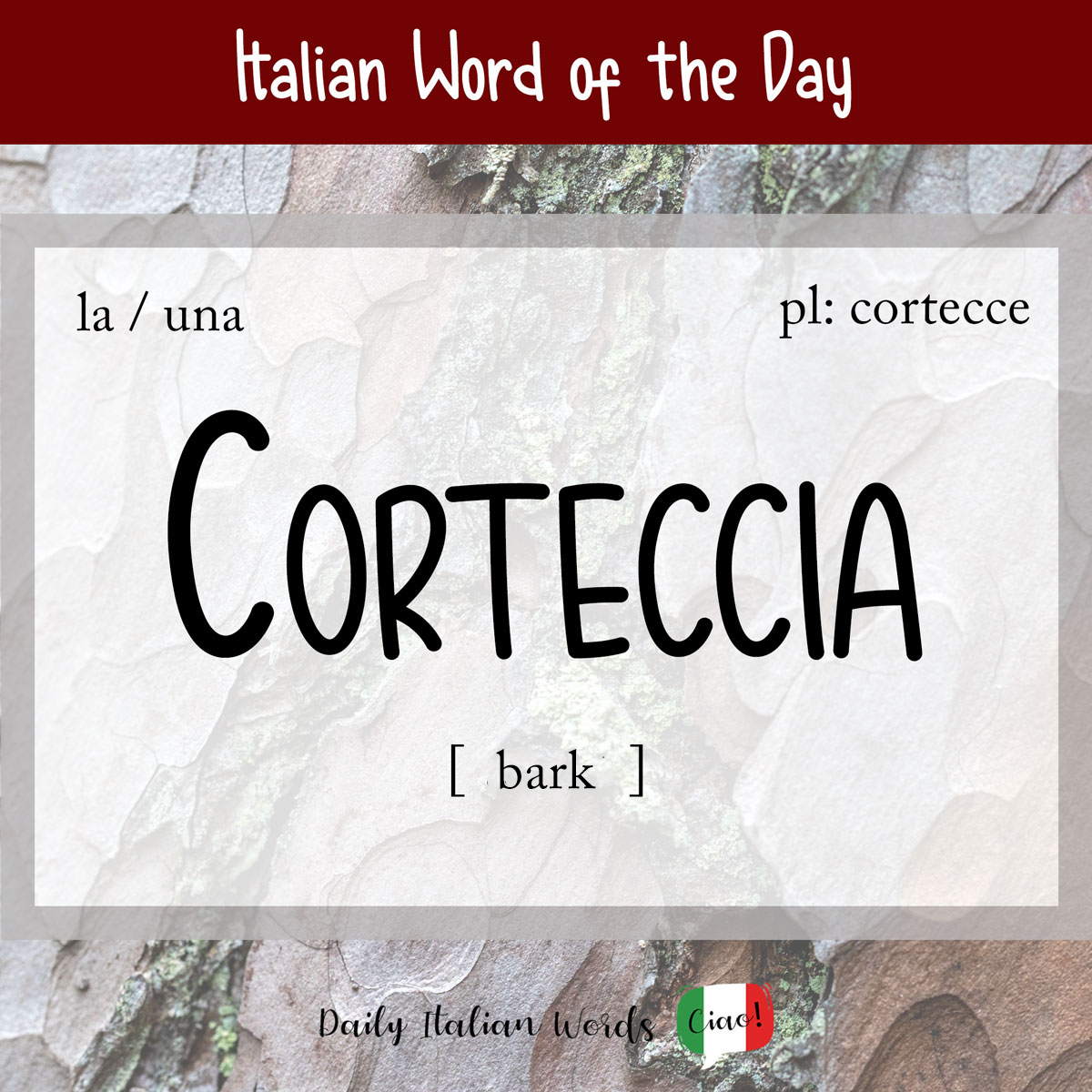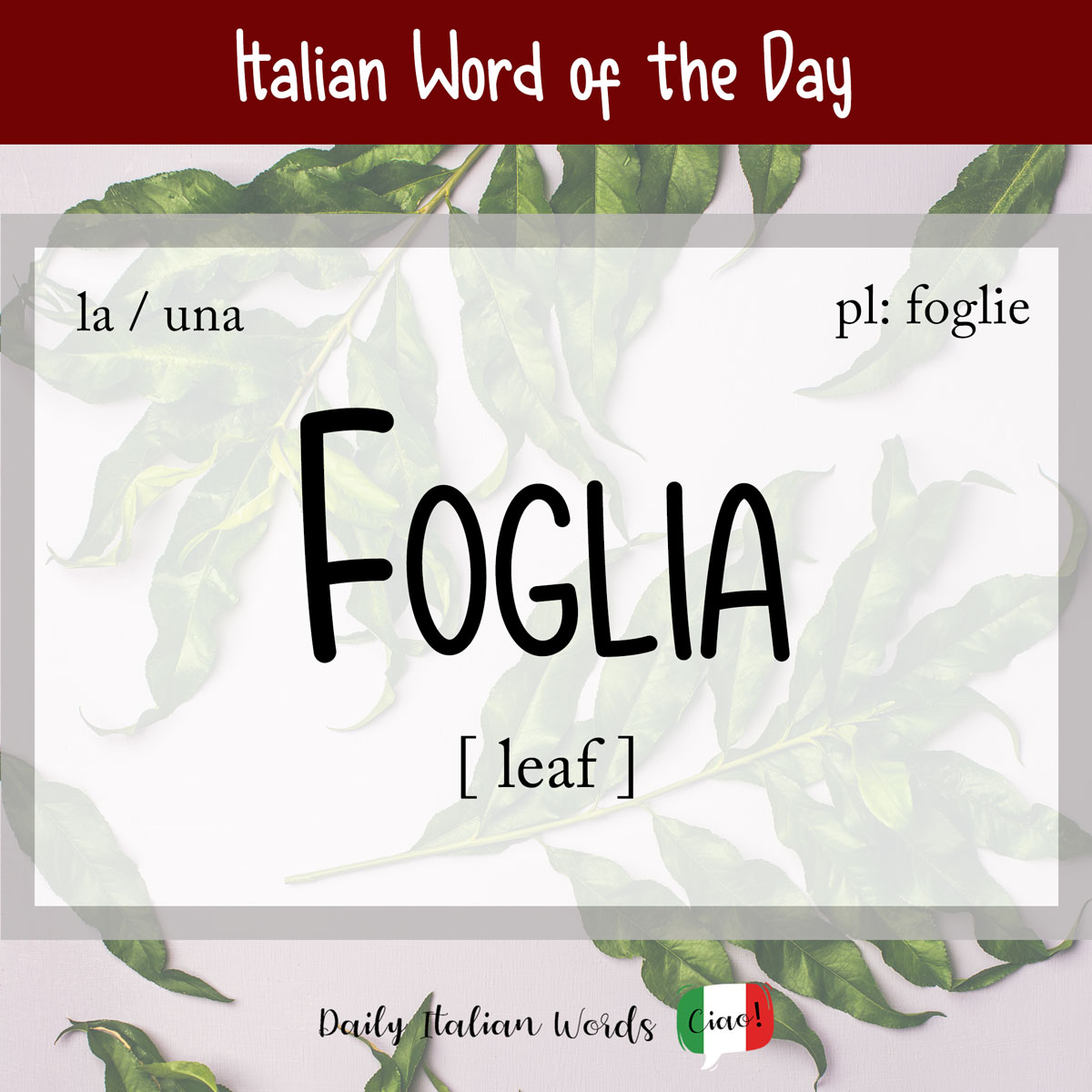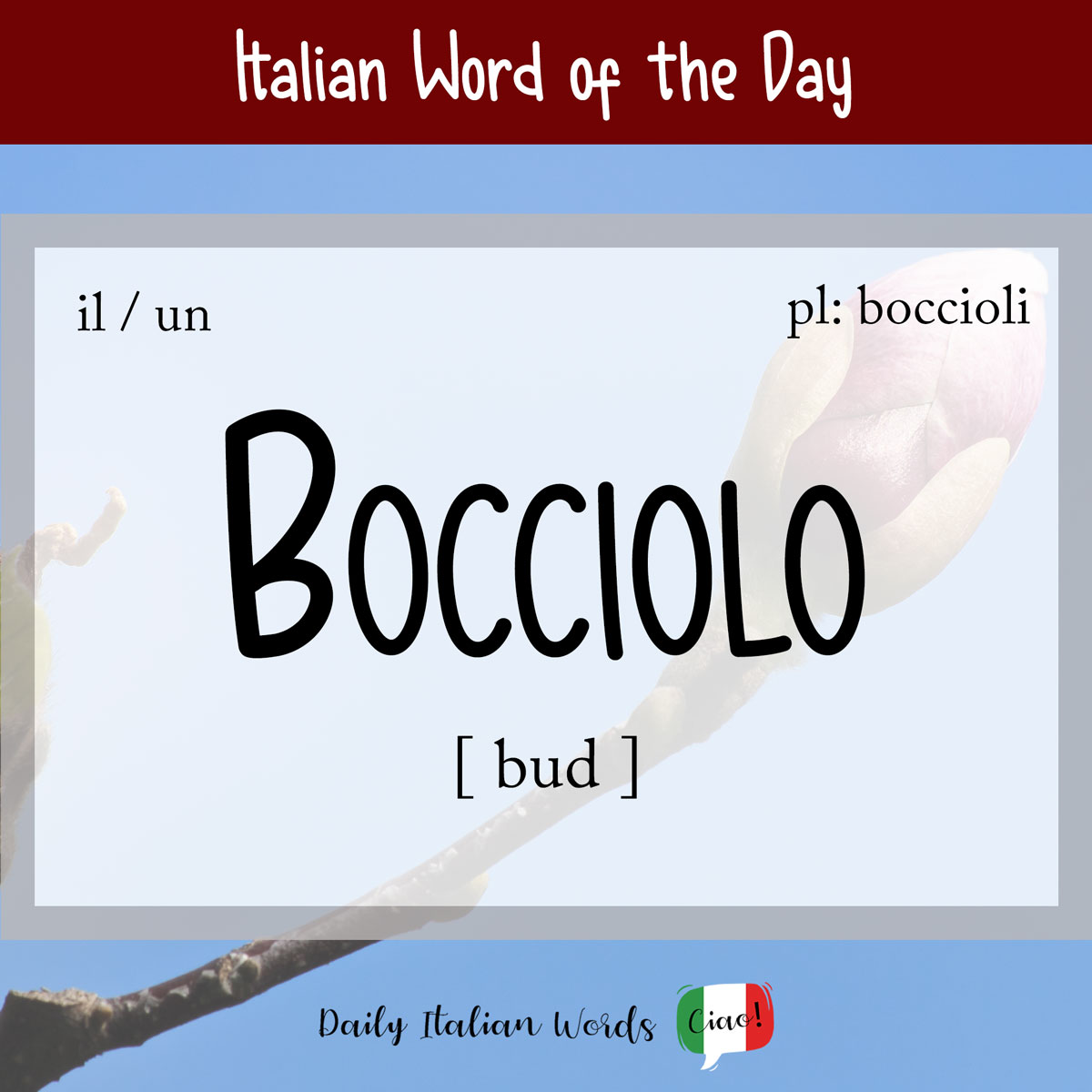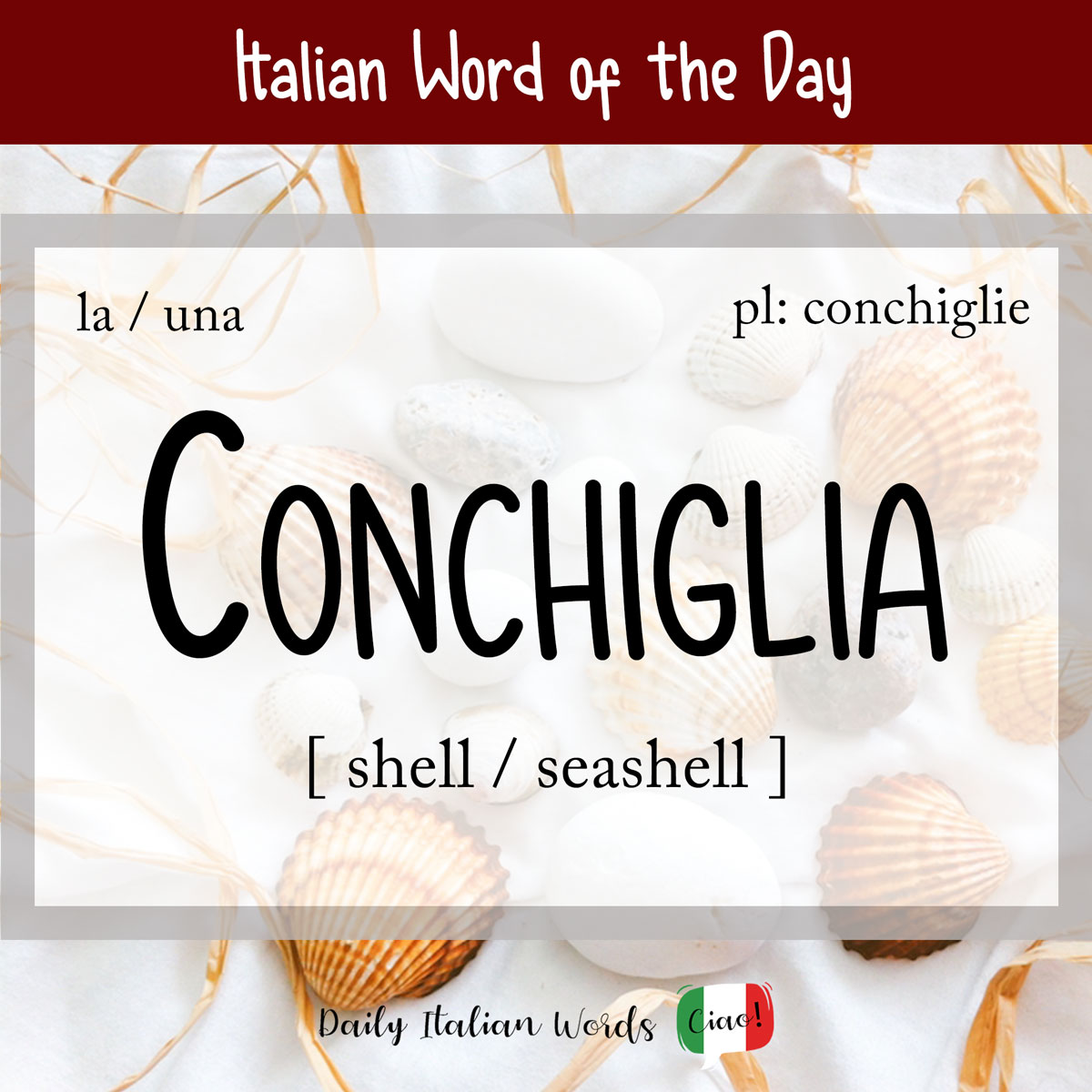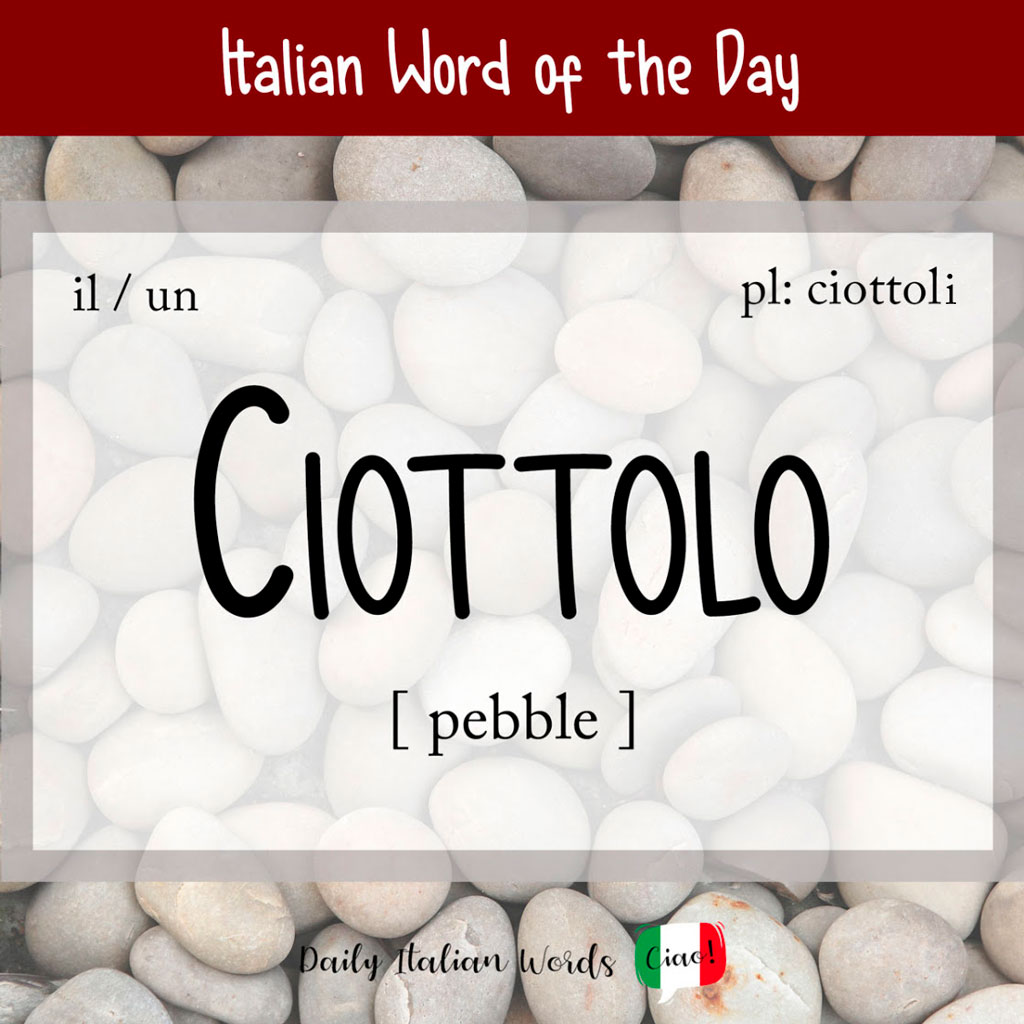Italian Word of the Day: Bosco (woods)
On the weekend, one of our favourite pass-times as a family is going on a walk in the woods. In Italian, woods translates to bosco. bosco wood(s) / woodland Bosco is a masculine noun, derived from the West Germanic busk or bosk, with its plural form being boschi. Here are its definite and indefinite articles: …

